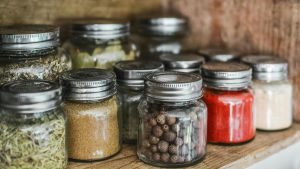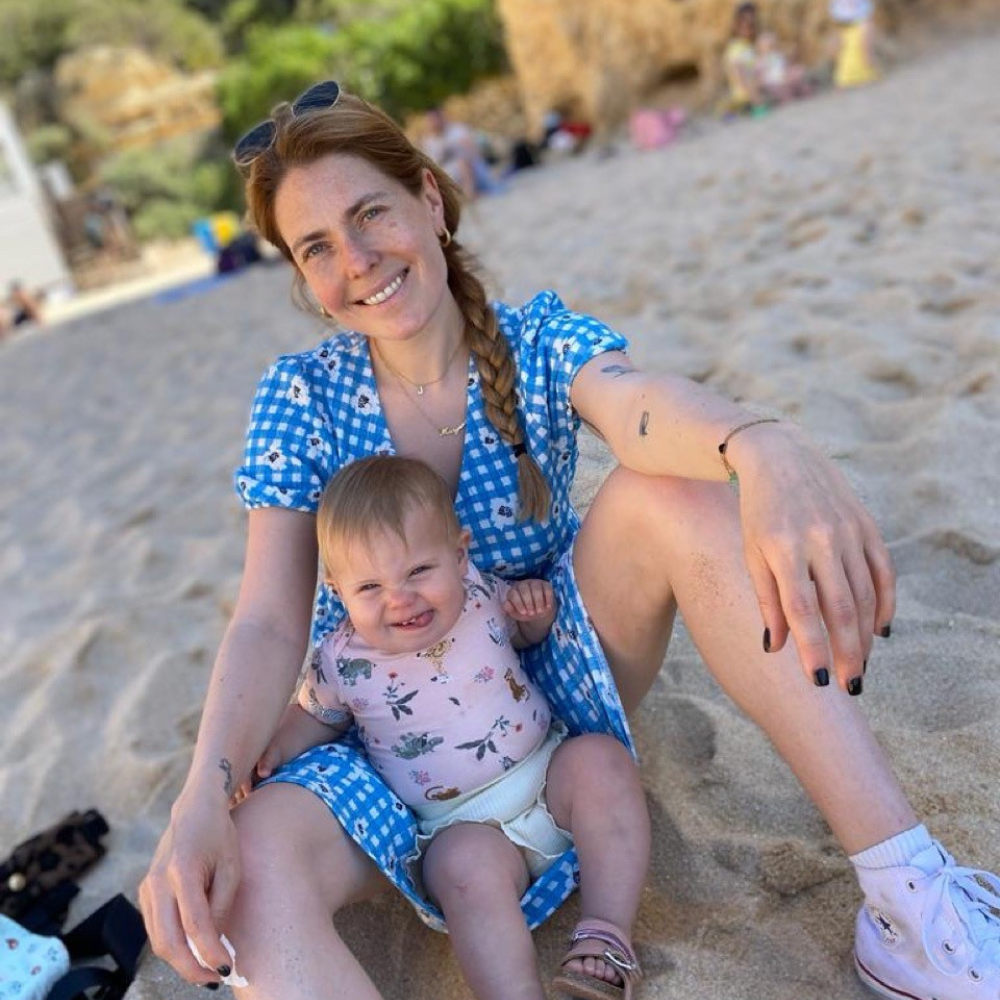As a mom who’s been through the ups and downs of introducing solid foods to my little one, I can tell you it’s a journey filled with excitement, mess, and a fair share of confusion. While it’s a milestone that many of us look forward to, it’s also a time when we’re prone to making mistakes. Trust me, I’ve been there, and I’ve made a few errors along the way. So, I thought I’d share some common mistakes parents often make when starting solids, in hopes that you can avoid them.
Starting Too Early or Too Late
The American Academy of Pediatrics recommends introducing solids around 6 months of age. However, it’s easy to get swayed by well-meaning advice from family and friends who suggest starting earlier or later. I remember feeling the pressure to start my baby on solids at 4 months, but after consulting with our pediatrician, I realized that waiting a bit longer was the best course of action for us. Starting too early can put a strain on your baby’s still-developing digestive system, while waiting too long can delay their exposure to new textures and flavors.
Overlooking Allergies and Sensitivities
When I first started my baby on solids, I was so excited that I wanted to introduce all kinds of foods right away. But I learned the hard way that it’s crucial to introduce new foods one at a time and to wait a few days before adding another. This makes it easier to identify any potential allergies or sensitivities. I also found it helpful to start with low-allergenic foods pureed fruits and vegetables.
Ignoring Baby’s Cues
In my enthusiasm to get my baby to try new foods, I sometimes found myself ignoring her cues. If your baby turns away, clenches their mouth, or pushes the spoon away, it’s a sign that they may be full or not interested. Forcing the issue can lead to a negative eating experience and may make future meal times a struggle. It’s important to let your baby guide the pace and amount they eat.
Sticking to Purees for Too Long
While purees are a great starting point, it’s easy to get stuck in a rut and continue offering them for an extended period. If you make this mistake, you will find out that your baby becomes hesitant to try chunkier textures. Experts recommend introducing a variety of textures as your baby becomes more comfortable with solids. This helps them develop their chewing skills and prepares them for a wider range of foods.
Neglecting Iron-Rich Foods
Babies have enough iron stored in their bodies for the first six months, but after that, they need an external source. I was initially focused on fruits and veggies and didn’t pay enough attention to iron-rich foods like spinach, kale and brocolli. Iron is crucial for cognitive and physical development, so make sure to include it in your baby’s diet.
Ready?
Starting solids is a significant milestone that comes with its own set of challenges and mistakes. But by being aware of these common mistakes, you can make the transition smoother for both you and your baby. Remember, every child is different, so it’s always a good idea to consult with your pediatrician for personalized advice. Happy feeding!
Please note that I speak from personal experience. For substantiated information, i always recommend that you take a look at the World Health Organization.









